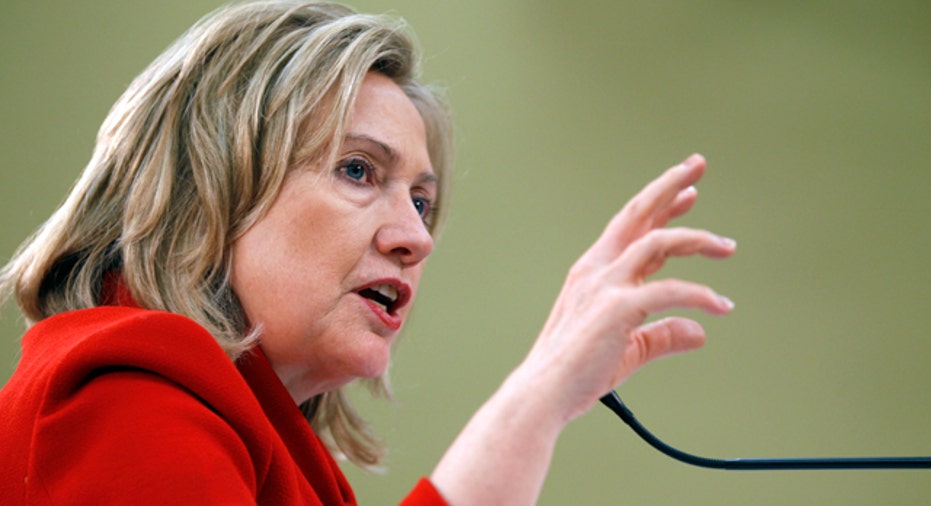The Power of Our Words

I have a Facebook friend who is a former colleague, an educated family man and a sports lover. Most of his status updates are about sports and almost all of them are expressed with extreme language. For example, a referee’s call was the “worst ever” and so-and-so is “an idiot” as opposed to someone who disagrees with him. Teams don’t lose, they “embarrass” themselves. The positive updates are also overstated. Superlatives abound.
Granted, not everyone is a William Safire-caliber wordsmith nor should we expect them to be. And we’re all prone to misspeaking now and then and must allow for human error. But I contend we can do better with our choice of words at least the majority of the time.
My Facebook friend is simply watering down what might otherwise be an engaging conversation starter. However, every day I am struck by how people use this delicious power we have in language, sometimes to great effect and other times so ineffectually.
Sarah Palin repeatedly using the term “lamestream media” says nothing about the media and everything about her desire to position herself as a victim by coining a phrase that smacks of junior high school. It’s a cheap applause line. And speaking of Palin, Bill Maher’s use of the vulgar term “tw--” to describe the former Alaska governor on a recent Real Time with Bill Maher is not only sophomoric and misogynistic, but rings hollow; it was a surprising departure from Maher’s typically well-crafted and articulately expressed views.
Geez, hasn’t everyone read The Four Agreements by Don Miguel Ruiz by now? The very first principle in this now classic book reads: Be impeccable with your word.
“If you make an agreement with yourself to be impeccable with your word, just with that intention, the truth will manifest through you and clean all the emotional poison within you,” Ruiz writes. “When you follow this agreement, you begin to see all the changes that can happen in your life – first in the way you deal with yourself, and later in the way you deal with other people, especially those you love the most.”
While there is obvious value in being true to your word in your love relationships, what I am talking about here is more in the public sphere – social media, television, Web writing, etc. – and is about pure respect.
How often is our Secretary of State referred to as “Hillary” when pundits are discussing world affairs these days? It makes me cringe. How about “Secretary Clinton” as a possibility? And, no, it was not OK to call our last one “Condi” either. Could we get a little decorum? I’m not impressed with a talking head using language of familiarity when referring to a cabinet member in an official capacity. At least I’ve heard Jon Stewart express regret for calling President Obama “dude” during his interview last year; it seemed like a momentary lapse.
I recall tuning in to watch New Jersey Governor Chris Christie deliver his budget address to the state last month and being astounded when I heard him use the term “Obamacare” to refer to health-care reform. Seriously? In a major speech that is not part of a campaign? That is just blatant disrespect to the president and it bothered me.
Bill Maher has, in fact, declared that he will continue to use the derogatory term “teabaggers” when referring to the Tea Party until they stop saying “Obamacare.” It’s certainly an entertaining approach to shine a spotlight on language and thoughtfulness.
And speaking of thoughtfulness or lack thereof, how is it that people are so free with commentary on Gov. Christie’s weight? A person who calls him “fat” -- or one of its many synonyms -- is basically letting us know they have nothing intelligent to say. If you disagree or dislike the man, state why. Overweight people are wearing their addiction on their sleeve, so to speak, so we as a society have singled them out as acceptable targets. It’s appalling.
We can be better than this. Maybe it’s as simple as asking ourselves before speaking or writing, does this further positive discourse? Goodness.
“The human mind is like a fertile ground where seeds are continually being planted,” Don Miguel Ruiz writes. “The seeds are opinions, ideas and concepts. The word is pure magic; we plant a seed, a thought, and it grows. Every human is a magician, and we thoughtlessly cast spells on each other all the time with our opinions.”
With a little care, imagine the possibilities.
Nancy Colasurdo is a practicing life coach and freelance writer. Her Web site is www.nancola.com. Please direct all questions/comments to FOXGamePlan@gmail.com.



















